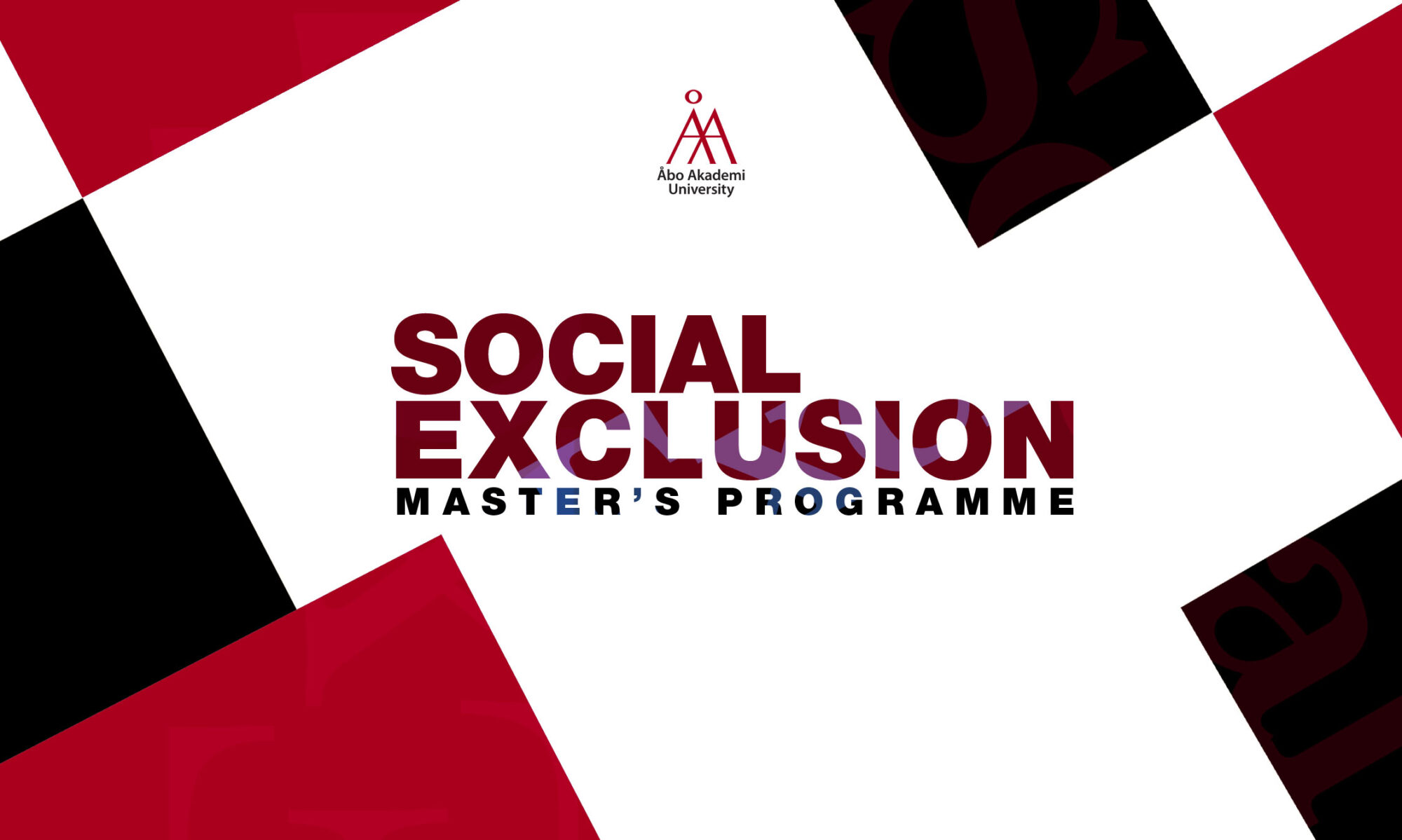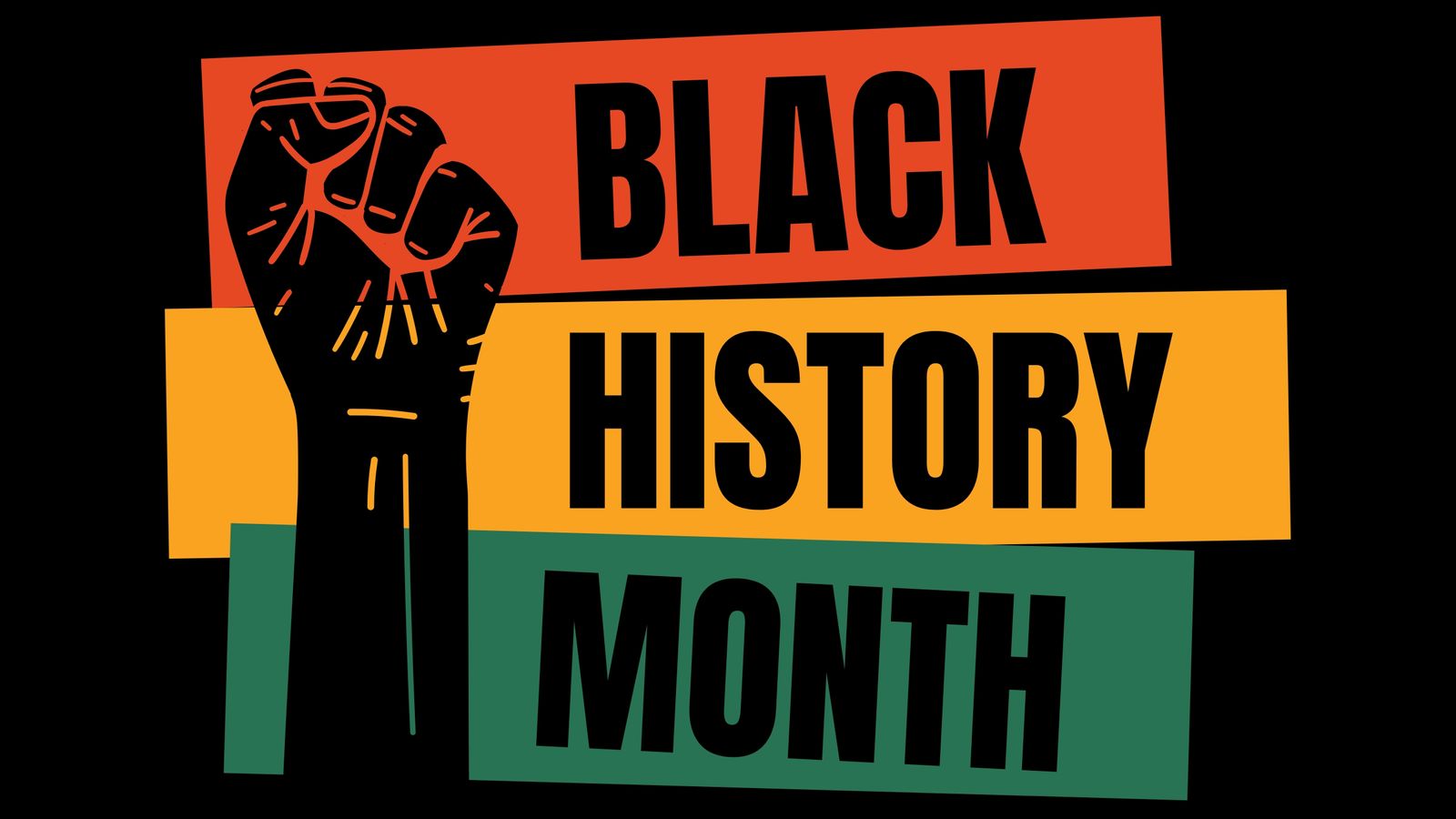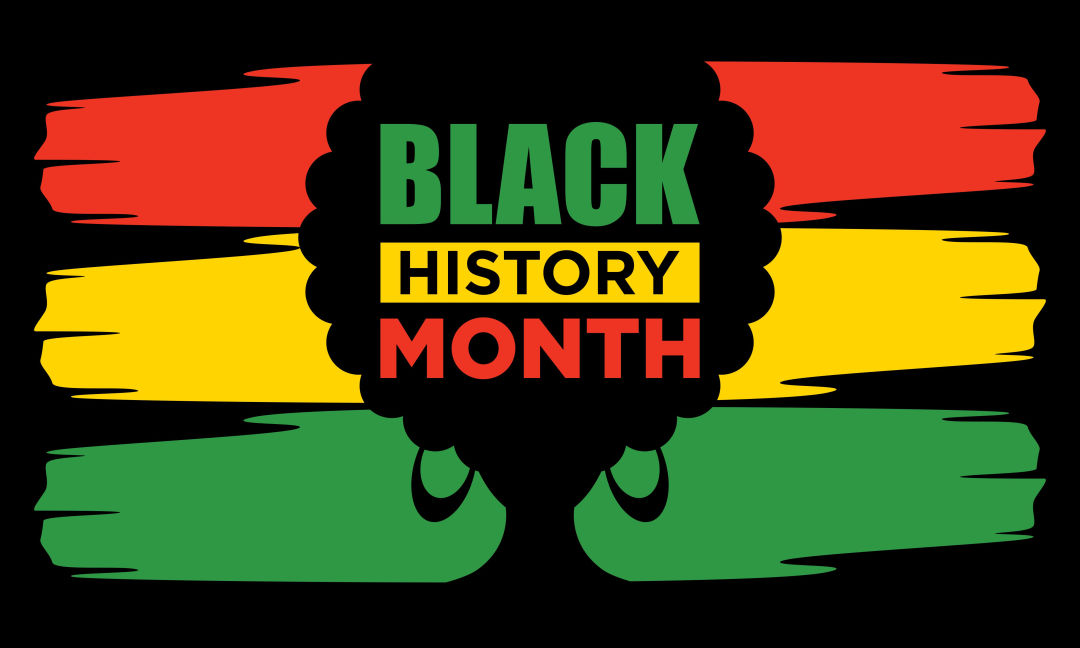Each year when the application for the Social Exclusion Master’s program opens, the program receives a plethora of applicants. Many of the applications are in order, with a well-put-together motivation letter and with the right documents included. However, each year the program also receives applications that have made an error or two, which results in the applications being rejected. To reduce these frequently made mistakes we have compiled a list of don’ts most applicants do. Additionally, check out Information for Applicants on the blog, where all the essential information for applicants has been gathered. So, without further ado, avoid these 6 things when you apply for the Social Exclusion Master’s program.
-
Applying to the wrong track!
It is important to notice that the Social Exclusion Master’s Program has two tracks. 1. Master’s Degree Programme in Social Exclusion, Master of Arts, and 2. Master’s Degree Programme in Social Exclusion, Master of Theology.
The first track, Master of Art, is the more popular track. This track allows for a wider perspective on what Social Exclusion entails. This track also offers the students to specialize in Gender Studies, History, Philosophy, or the Study of Religion during the second term. Applicants with a BA in subjects like the Study of Religion, Gender Studies, History, Philosophy, or Theology can apply for this program. The other track is Master of Theology. Applicants with a BA specifically in Theology should apply for this program! Additionally, applicants who have a BA in Theology or Theology and another subject can apply for both programs.
To further see the differences between the two tracks, check an earlier blog post about them.
-
Forgetting to apply for the scholarship!
Applying for scholarships is foremost for international students. When applying it is important to tick the box for the scholarship in the application to be considered for the scholarship. More detailed information about scholarships can be found on the Åbo Akademi University’s website.
-
Uploading faulty documents
Uploading the right documents is vital. It is important to remember to upload the documents and to check that the uploads are right. Any application with a faulty document will be discarded and seen as faulty. What is a faulty document you may ask? A faulty document can be someone else’s transcript or certificate, which is not your own. Even if you have all your other documents in order but by mistake included a faulty document, your application will be removed. In other words, double or even triple-check that you upload your own documents and NOT a friend’s or family member’s documents.
-
Choosing the wrong language requirement!
When applying, double-check the language requirements. You can either submit your IELTS results, however, if your score is low or you have not done the test you can ask the program to assess your English language skills. For further information about the language requirements when applying check Åbo Akademi University’s website for the requirements and scroll all the way down to see all the exemptions and to see what is required for domestic applicants.
-
Not knowing how to sell oneself in the motivation letter!
A motivation letter is meant for the applicant to stand out from the mass. It is a letter that gives the applicant character, it offers a way for the applicant to introduce themselves and connect to the program. What is most important when it comes to motivation letters is to WRITE ONE! Even if it might seem hard and difficult to sell oneself in the form of a motivation letter, there is a significant difference between writing one and completely leaving it unwritten. The motivation letter can include various interesting aspects of the applicant, like what have they learned in their academic career and what they want to achieve with the help of the program, or it can be more creative writing showing the personality of the applicant. Including a motivational letter in your application shows interest in the program, and your application will be taken more seriously.
-
Leaving things to the last minute!
Immediately when you are interested in applying for the program start to think about your application. What you should include in the application, what to write in your motivation letter and which documents do you need to prepare. This will reduce stress when it is finally time to click send. The application time is shorter than you expect so start to think about your application as soon as possible.
When avoiding these common mistakes, you should be ready to apply for the Social Exclusion MA program with a stunning application.
Good luck!





